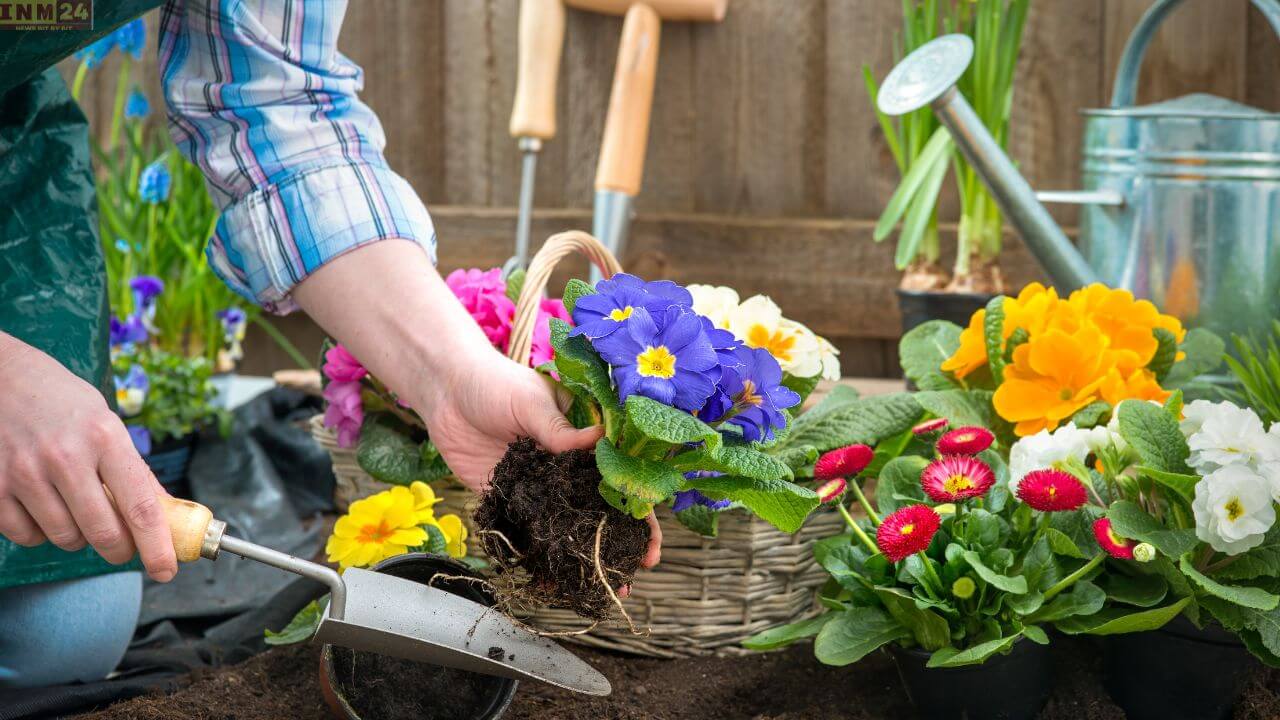The monsoon season brings abundant rainfall, which is beneficial for plant growth. However, along with water, plants also require adequate fertilization. Knowing which fertilizers to use and how to apply them during the rainy season is essential to ensure the well-being of your plants.
Choosing the Right Fertilizer
Cow Manure
Cow manure contains essential nutrients such as nitrogen, phosphorus, and potassium, which are necessary for plant growth. While preparing the soil for pots and gardens, mix old cow dung and keep it aside. Apply this manure once every month by sprinkling it around the base of the plants. However, it’s crucial to note that fresh cow dung should never be used in plant soil, as it contains a high level of ammonia which can harm the leaves.
Vermicompost
Compost made from earthworms during the monsoon season is beneficial for plants. This fertilizer is rich in nitrogen, phosphorus, and potassium, essential for plant growth. Vermicompost also improves the fertility of the soil. After mixing two handfuls of vermicompost evenly in the soil, water the plants thoroughly.
Gypsum
Gypsum can be used on all types of plants during the rainy season. Mix two tablespoons of gypsum powder evenly in the soil around the plants and then immediately water them.
Neem Cake
Neem cake helps in controlling pests, improving soil structure, and providing nutrients to the plants. Spread a handful of neem cake around the base of the plants.
Precautions While Fertilizing
- Remove any grass or weeds that have grown separately before applying fertilizer. After the soil around the plants has dried slightly, apply organic fertilizer and water it thoroughly.
- Dig a little deeper into the soil to apply fertilizer and then cover it with soil to prevent it from being washed away during rain.
- Avoid using the same type of fertilizer every time; instead, change it according to the plant’s needs.
- Ensure proper aeration for the plants to prevent soil from becoming excessively wet.
Timing for Fertilization
- Fertilize plants only when the soil in the garden or pots is dry, and then water them using a spray pump.
- Avoid fertilizing plants continuously during the rainy season, as it may increase the risk of fungal infections in plants and cause leaching of nutrients from the soil.
- If the weather remains sunny, fertilize the plants only once or twice a month.
By following these tips for fertilizing plants during the monsoon season, you can ensure healthy growth and vibrant blooms in your garden. Proper fertilization combined with adequate care will help your plants thrive despite the challenges posed by the rainy season.
